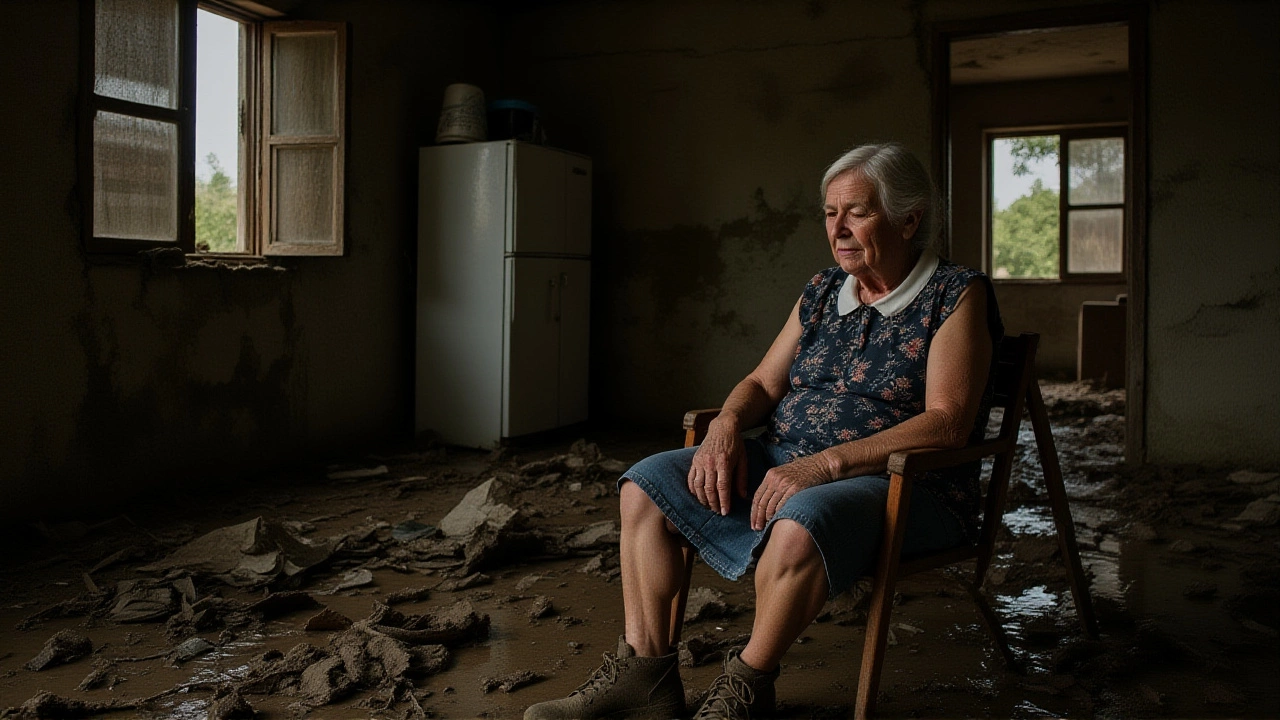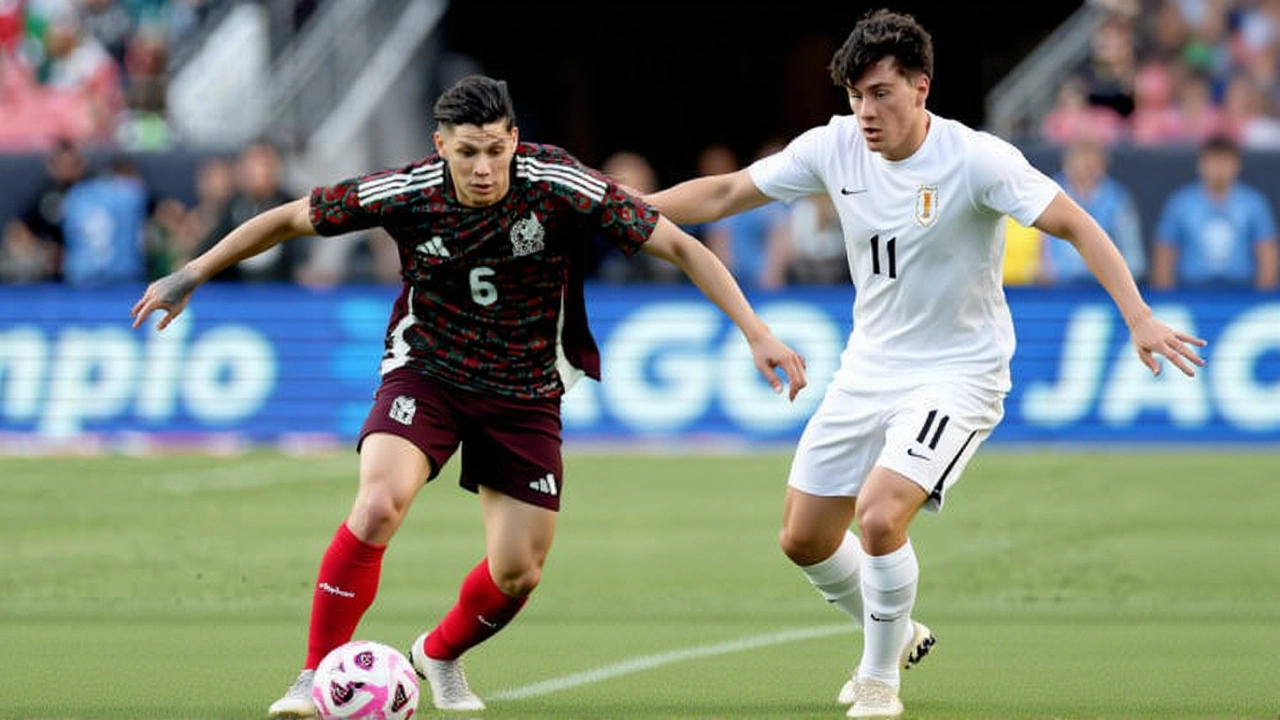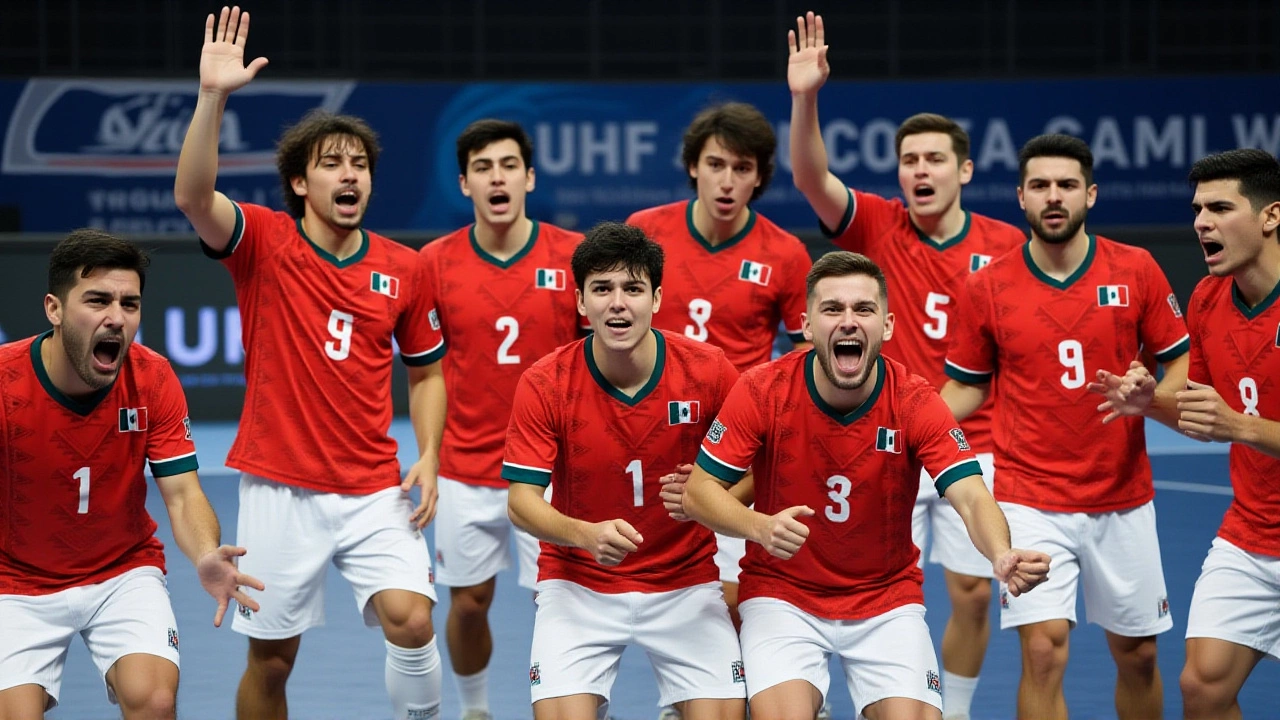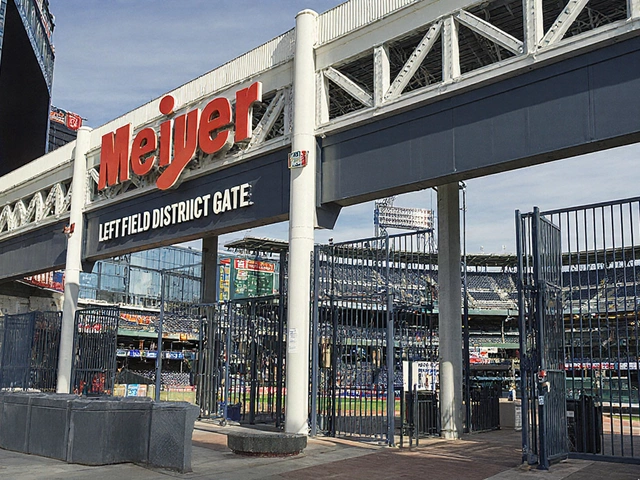The final whistle blew on a disappointing run for both Uruguay and Mexico at the 11th IHF Men's U19 Handball World ChampionshipEgypt, where the two teams ended up in the bottom two spots of the 32-team field. Uruguay finished 28th, Mexico a distant last at 32nd — a sobering reality for nations hoping to break through in international youth handball. The tournament, held from August 6 to 17, 2025, across four venues in Cairo and the New Administrative Capital, was a historic first for Egyptian Handball Federation as the host of any IHF World Championship. But for the Latin American sides, it was a tournament defined by harsh margins and missed opportunities.
How Egypt Got the Keys to the Championship
It wasn’t supposed to be this way. Back in February 2020, the International Handball Federation awarded the hosting rights to Slovenia during a council meeting in Cairo. Four years passed. No major infrastructure updates. No clear venue plans. No financial guarantees. By September 2024, the IHF had had enough. Slovenia’s hosting rights were revoked — a rare move that sent shockwaves through the handball world. Egypt, which had been quietly preparing a bid since 2022, stepped in. With no time to waste, the Egyptian Handball Federation mobilized stadiums, hotels, and logistics teams to host 32 teams on just 11 months’ notice. The result? A smoothly run event, with full crowds at Cairo Stadium and the sleek New Administrative Capital Olympic City Hall. It was a masterclass in crisis management.Uruguay and Mexico: Qualifying Against the Odds
Both teams earned their spots the hard way. Uruguay finished third at the 2024 South and Central American Junior Championship in Managua, Nicaragua (October 29–November 2, 2024), behind heavyweights Argentina and Brazil. Their path was paved by grit, not glory. Meanwhile, Mexico edged out rivals in the North America and Caribbean Junior Championship in Mexico City (December 4–8, 2024), securing one of just two qualifying spots alongside Canada. Neither team had ever reached the top 20 in this age group. Still, making it to Egypt was progress.But progress doesn’t always translate to results. Uruguay opened the tournament with a brutal 17–33 loss to the Faroe Islands on August 9 — a humbling defeat against a team with a population smaller than some U.S. high schools. Mexico, meanwhile, struggled to find rhythm, losing all five of their group stage matches by an average margin of 22 goals. The scoreboard told the story: 28th and 32nd place finishes. No wins. No highlights. Just survival.

Germany’s Breakthrough and Spain’s Heartbreak
While Latin America watched from the bottom, Europe celebrated. Germany claimed its first-ever U19 title in dramatic fashion, defeating defending champions Spain 41–40 after penalties in a final that had fans on the edge of their seats. The match, played under the bright lights of Cairo Stadium Hall 1, came down to the final shot — and Germany’s composure won out. Tim Schröder, Germany’s best line player, anchored the defense with icy precision. Spain’s Marcos Fis Ballester was named MVP, scoring 11 goals in the final alone, but even his brilliance couldn’t carry them to gold.Top scorer honors went to Slovenia’s Aljuš Anžič, who fired 67 goals over the tournament — a staggering average of 7.4 per game. Meanwhile, Portugal’s late surge to 18th place and Croatia’s 19th-place finish showed how competitive the middle tier had become. But for Uruguay and Mexico, the gap between continents was as wide as the scoreboard.
What This Means for Handball in the Americas
The results expose a troubling trend. While European nations invest heavily in youth academies, scouting networks, and year-round training camps, the South and Central American programs often rely on sporadic tournaments and limited funding. Uruguay’s roster included players from just three clubs. Mexico’s squad was cobbled together from regional leagues with no centralized development system. The IHF’s own data shows that European teams averaged 14 training sessions per week during the year leading up to the tournament. Uruguay and Mexico? Around four.It’s not just about skill — it’s about structure. Without consistent coaching, high-level competition, and infrastructure, even passionate players hit a ceiling. The fact that both teams finished in the bottom four is less a failure of talent and more a symptom of systemic neglect. The Panamerican Handball Confederation has yet to launch a unified youth development program. Meanwhile, countries like Argentina and Brazil are quietly building pipelines — and it shows. They finished 23rd and 22nd, respectively, in Egypt. The difference? Investment.

What’s Next for Uruguay and Mexico?
The road back starts now. Both federations have pledged to review their youth programs after the tournament. Uruguay’s head coach, Carlos Márquez, told reporters: “We came here to learn. Now we know how far behind we are.” Mexico’s federation has already scheduled a summit with Spanish and German youth coaches for November, seeking mentorship. The next U19 World Championship will be held in 2027 — and the qualifying tournaments begin in 2026. There’s still time. But only if they act fast.Frequently Asked Questions
Why did Egypt replace Slovenia as host of the 2025 IHF U19 Handball Championship?
The IHF stripped Slovenia of hosting rights in September 2024 after four years of inaction — no venue plans, no financial guarantees, and no progress on infrastructure. Egypt stepped in with a ready proposal and executed a flawless turnaround in under a year, hosting all 32 teams across four venues despite having just 11 months’ notice.
How did Uruguay and Mexico qualify for the tournament?
Uruguay earned their spot by finishing third at the 2024 South and Central American Junior Championship in Managua, Nicaragua, behind Argentina and Brazil. Mexico qualified by winning one of two spots at the North America and Caribbean Junior Championship in Mexico City, edging out countries like Jamaica and Cuba. Neither team had ever placed higher than 25th in previous U19 World Championships.
Who won the 2025 IHF U19 Handball World Championship?
Germany defeated Spain 41–40 in a penalty shootout final to claim their first-ever title in this age group. Spain, the defending champions, led by MVP Marcos Fis Ballester, fought hard but couldn’t close the game in regulation. Germany’s Tim Schröder was named best line player for his defensive leadership.
What was the biggest surprise of the tournament?
The Faroe Islands finishing 20th — ahead of both Uruguay and Mexico — was a shock. With a population under 55,000, they’ve built a surprisingly strong youth system through focused coaching and cross-border training camps with Denmark. Their 33–17 win over Uruguay was the most lopsided of the tournament and exposed the talent gap between developed and developing handball nations.
How did the top scorer, Aljuš Anžič, perform so well?
Anžič, a 17-year-old from Slovenia, scored 67 goals across six matches — averaging 11.2 per game. He thrived on fast breaks and used deceptive feints to beat taller defenders. His success highlights how technical skill can overcome physical disadvantages. He’s now being scouted by top European clubs, including FC Barcelona and THW Kiel.
What impact will Egypt’s hosting have on handball in Africa?
Egypt’s successful hosting has already sparked interest in North African nations. Tunisia and Algeria, both participants in the tournament, are now pushing for youth academies modeled after Egypt’s. The IHF has pledged $2 million in development funding for African federations, with Egypt set to host the 2026 U18 African Championship — a potential springboard for the continent’s next generation.



